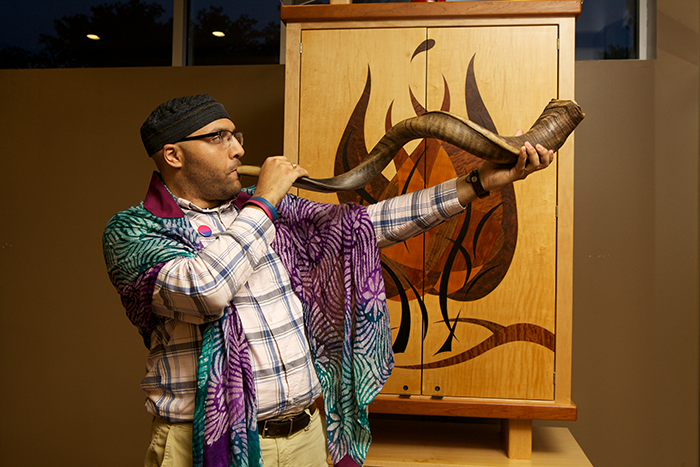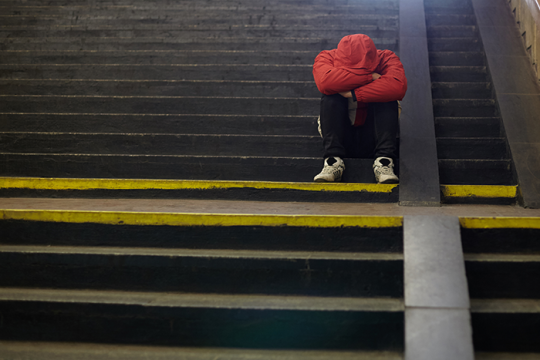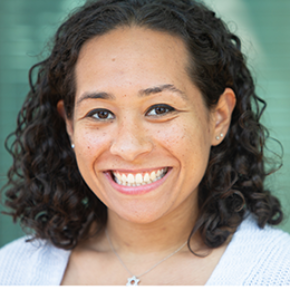
There’s something about sounds that stir the soul. A crack of thunder, the opening note to a musical, a child’s sudden laugh – certain sounds bypass logic and reach straight to the heart.
During the month of Elul, we are invited to listen deeply. Each weekday morning, we are invited to hear the cry of the shofar, marking the beginning of our spiritual journey toward the High Holy Days. The holidays ahead ask a lot of us: honesty, humility, and hope. But we are not asked to dive into those depths without a gentle warm-up. Elul is a time of preparation. For thousands of years, the shofar’s daily call has echoed across Jewish communities, grounding us in ancient practice while awakening us to the needs of the present.
The shofar’s piercing cry is more than a ritual – it is an urgent call to awaken our souls, commanding us to pause and reflect on the year we had. Its sound is rough, abrupt, and unfinished. We are not to sit back and admire it, but to feel it. To ask ourselves: Where did I misstep? What needs tending? What am I being called to change?
The shofar does not only demand that we look within; it compels us to look around and listen closely to the world. We are reminded to hear the weeping of bereaved mothers, the cries of those suffering, and the voices of those who are often silenced. The shofar calls us to recognize the humanity in those who are hurting and to bear witness to their pain. It shakes us from complacency, urging us to confront the brokenness of the world and our responsibility within it.
Yet, the shofar’s message extends beyond empathy alone – it invites us into a deeper understanding of truth itself. It is in listening to one another, in acknowledging the depth and complexity of each individual, that we begin to piece together a fuller understanding of the world. As French philosopher Emmanuel Levinas writes:
“It is as if the multiplicity of persons... were the condition for the plentitude of ‘absolute Truth’; as if every person, through [their] uniqueness were the guarantee of the revelation of a unique aspect of truth, and some of its points would never have been revealed if some people had been absent from [humankind].”
Levinas reminds us that truth is not found in isolation, but in the collective wisdom of diverse voices. The shofar calls us not just to listen to our own hearts, but to open ourselves to the truths carried by others: the weeping, the longing, and the wisdom they offer. It is through this act of deep listening, grounded in our shared humanity, that we come closer to a truth that encompasses us all.
In this light, the shofar becomes more than a ritual. It is a spiritual amplifier. It reminds us that truth is found in relationships, in the stories, sorrows, and wisdom of others.
To listen to the shofar is to practice a kind of holy attention. We listen for the soul’s trembling, for the heart’s longing, and for the voices calling out around us.
So this Elul, let yourself hear the shofar fully. Whether you are in a synagogue or listening to a recording at your kitchen table, take a moment to close your eyes and breathe it in. Feel the sound move through your body. Ask yourself: “What is this sound awakening in me?”
May the shofar’s ancient cry guide us gently, but firmly, toward the new year. May it open our hearts, awaken our compassion, and prepare us to do the holy work of return.
Related Posts

Embracing Jewish Tradition to Process Trauma and Grief

Crossing the Bridge from the Particular to the Universal

